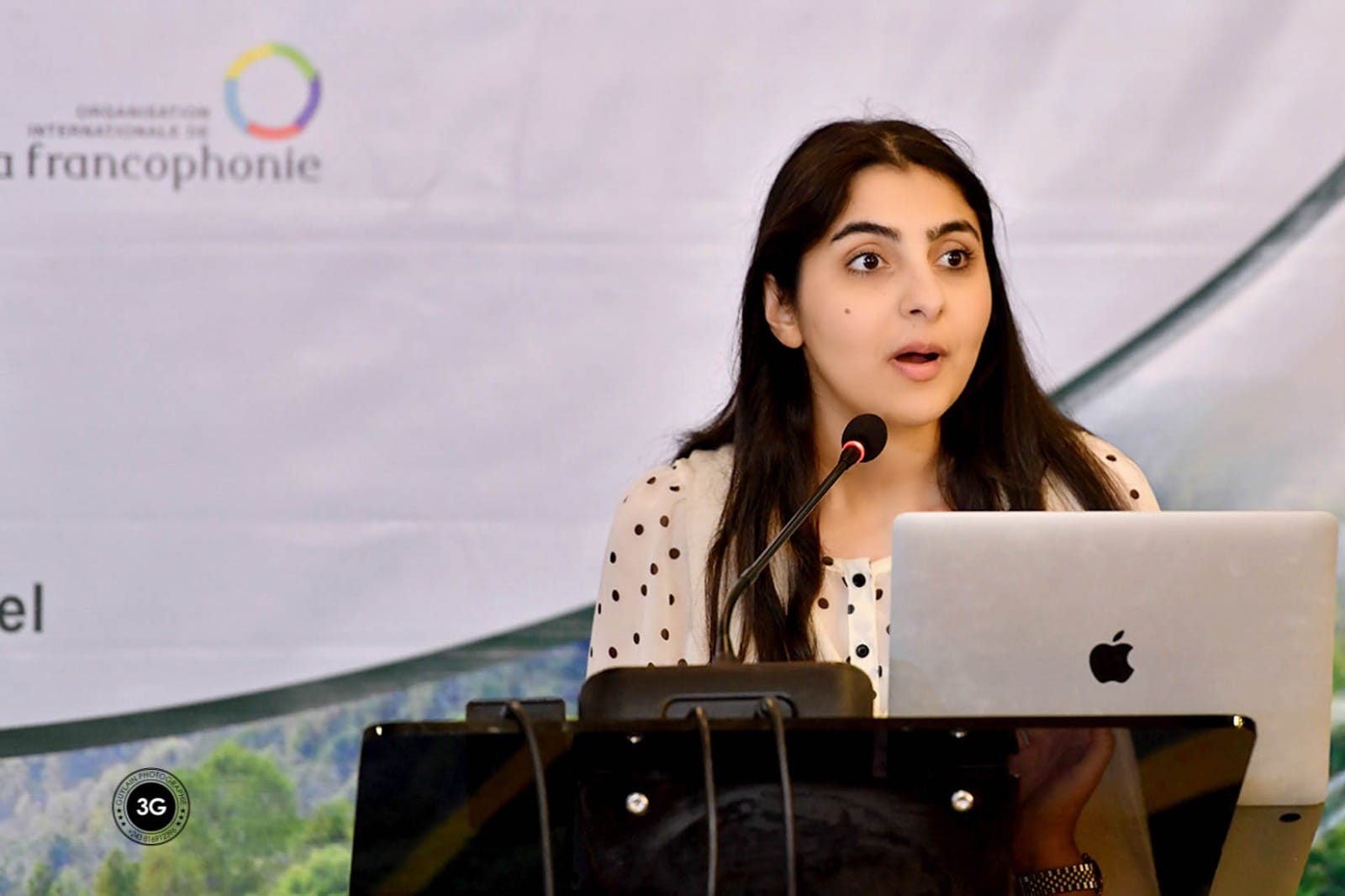“As the age of warnings gives way to the age of consequences, humanity confronts a profound truth: climate adaptation is no longer a choice that follows mitigation; it is the first half of our survival.” This strong statement from the Brazilian COP30 Presidency perfectly sets the stage for the next major climate conference.
As a young climate negotiator from a developing country, I am attending COP30 with a feeling of deep urgency. For my community, climate change is not a theory; it is a fight for survival. We have already seen the devastating effects of climate disasters in our region. This COP is meant to be the one where we finally implement past promises, moving from just talk to real action. Because of its location in Brazil, these talks must face the combined issues of climate change, nature loss, and human rights, aiming for a truly fair shift to a clean economy for everyone.
My main focus at the table will be on the twin pillars of resilience: Adaptation and Action for Climate Empowerment (ACE). These are the twin pillars that determine whether our people can stand resilient against the escalating impacts of a warming world.
The letter concludes: “failure to act is a political choice about whose lives are protected and whose are expendable.”
My greatest hope is that COP30 accelerates funding for adaptation to minimize the unbearable burden of Loss and Damage we are already facing. As the COP Presidency’s letter states :“Without adaptation, climate change becomes a poverty multiplier, dismantling livelihoods, displacing workers and deepening hunger.” For us, this is a matter of fundamental justice. The letter concludes: “As impacts intensify, failure to act is not technical negligence; it is a political choice about who lives and who dies”.
On Adaptation, we need two concrete, measurable outcomes to accelerate our resilience and unlock necessary funds. First, we must finalize the Global Goal on Adaptation (GGA). We have come a long way, but the framework agreed upon must now be given concrete, measurable teeth. The real test in Belém will be agreeing on indicators for the means of implementation, particularly for finance and support. A goal without a clear way to track and hold donors accountable for their support is an empty promise. Second, we must deliver Grant-Based Finance. Adaptation projects don't offer the easy returns of mitigation projects, which is why grant-based and highly concessional public finance must be prioritized. We need clear, actionable commitments for accelerated delivery of these funds by simplifying access to get them into the hands of the most vulnerable communities, and ensuring direct flow so that a significant portion reaches the local and regional entities best equipped to implement solutions. By accelerating and delivering adaptation finance now, we are preemptively minimizing future losses and damages that will inevitably cost the global community far more.
The second pillar, Action for Climate Empowerment (ACE), is a crucial, transverse issue. It is the necessary step of turning global agreements into local, on-the-ground action, encompassing education, training, public awareness, participation, access to information. And international cooperation. My key expectation is a strong agreement on the mid-term review of the Glasgow work programme on ACE. This review must lead to a more robust, better-resourced work plan that ensures governments have the capacity and tools to engage all sectors of society. For climate action to succeed, it must be inclusive: we need to ensure that local communities, youth, women, and Indigenous Peoples are fully empowered with access to information, capacity-building, resources, and a seat at the decision-making table.
In preparation for this vital COP, I have been attending various training and support sessions, including those focused on technical skills and wellbeing, such as with the Climate Leadership Initiative (CLI). I have also volunteered throughout the year, running sessions on Adaptation and ACE for other negotiators from the Indian Ocean and African countries, an opportunity provided by the IFDD.
For negotiators from developing countries, these initiatives are essential for staying power. We often lack the year-round funding and support needed to keep attending negotiations and strengthen our input. We carry the weight of our nations, having to read complex and endless policy documents and prepare detailed policy interventions, all while maintaining calm, well-prepared and focused under high pressure. The training, mentorship, and sense of community provided by CLI are vital for sustaining our efforts and preventing burnout. I am grateful to be part of a community that understands that effective diplomacy requires both technical skills and personal resilience.
For the people I represent, climate action is a matter of fundamental justice. My hope for COP30 is simple: that when we convene, we finally honor the commitments made in Paris by delivering the tangible means of implementation to make change happen. The success of this Implementation COP will not be measured by new pledges, but by the financial and capacity support that flows immediately to the vulnerable. It is time to turn the page from negotiation to action, from vulnerability to a shared victory for our planet and our people.
----
Malek Romdhane is a young climate negotiator and Senior Sustainability Consultant from Tunisia. She holds a Master's in Sustainability Management and Innovation from the University of Westminster awarded via a full Chevening scholarship, and is a graduate of the UN Office in Geneva's 60th Graduate Study Program, where she refined her expertise in Sustainable Development Goals (SDGs). She the alumna of the second cohort of the New Generation Program (Climate Leadership Initiative). In her L&DC role as Coordination Support Lead, Malek focuses on fundraising and budget support to ensure the financial sustainability needed to sustain and scale up the collaboration's critical work. Her advocacy includes serving as the regional youth focal point for Northern Africa and Western Asia at the UN International Federation of Youth on Water and Climate. Malek is dedicated to disseminating accessible climate policy research and is driven by her commitment to a future where human rights and climate justice are fully realized.



